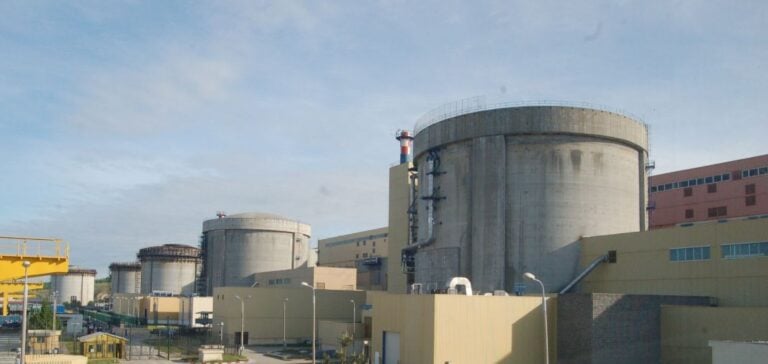Hungary has submitted a bill to parliament allowing an increase in the planned costs for the Paks II project. Initiated in 2014, this project aims to expand the capacity of the Paks nuclear power plant, which currently produces 50% of the country’s electricity. Two new reactors are to be built in partnership with Rosatom, a Russian nuclear giant, to strengthen the country’s energy independence and meet growing electricity demands.
Context and Objectives of the Paks II Project
The Paks II project represents a priority for Hungary, particularly in its strategy for energy diversification. It aims to reduce dependence on natural gas imports, especially from Russia, while ensuring stable energy prices in the long term. However, the choice of Rosatom without a tender has drawn criticism from European partners concerned about the geopolitical implications of such a partnership.
Reasons for the Cost Increase
The government justifies the budget increase with several factors:
– Global Inflation: Rising prices of materials and technology have significantly impacted heavy infrastructure costs.
– Sanctions Against Russia: Restrictions imposed on Russia complicate equipment procurement and delay projects, increasing costs.
– Reinforced Safety Requirements: New standards imposed by European regulators necessitate costly technical adjustments.
These challenges have led Budapest to revisit the initial contract to address the evolving circumstances.
Delays and Technical Challenges
Since its launch, Paks II has faced significant delays. Impact studies and regulatory negotiations took longer than expected, pushing the start of work to 2023. Disputes between Budapest, Moscow, and Brussels, as well as adjustments to comply with European standards, also slowed the project.
Geopolitical and Economic Issues
Energy cooperation with Russia places Hungary in a delicate position within the European Union. While the EU strives to reduce energy dependence on Moscow, Budapest remains loyal to this strategic alliance. In return, Hungary benefits from Russian financing of €10 billion, but this dependence amplifies Moscow’s influence over the project.
Economically, the rising costs could weigh heavily on Hungary’s public finances, questioning the project’s viability. While Paks II is expected to guarantee competitive energy in the long term, delays and budget overruns might compromise these benefits.
Perspectives and Risks
Several scenarios are possible for the future of Paks II:
1. Completion on Schedule: Hungary overcomes challenges and completes the project, ensuring stable and sustainable energy.
2. Further Delays: Financial constraints and sanctions prolong the construction, increasing final costs.
3. European Intervention: Brussels could demand greater transparency, complicating financing and project progress.
The Paks II project is a strategic priority for Hungary but highlights the tensions between national objectives and the constraints imposed by the geopolitical and economic context.






















